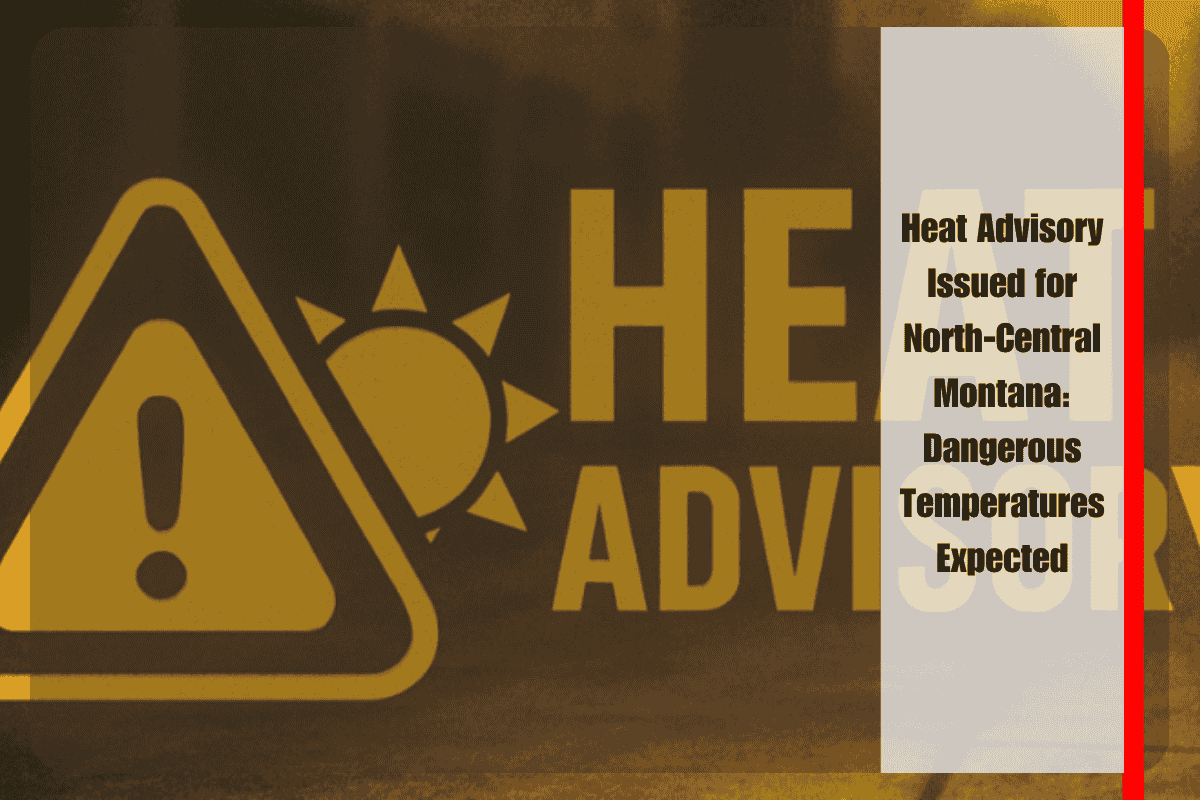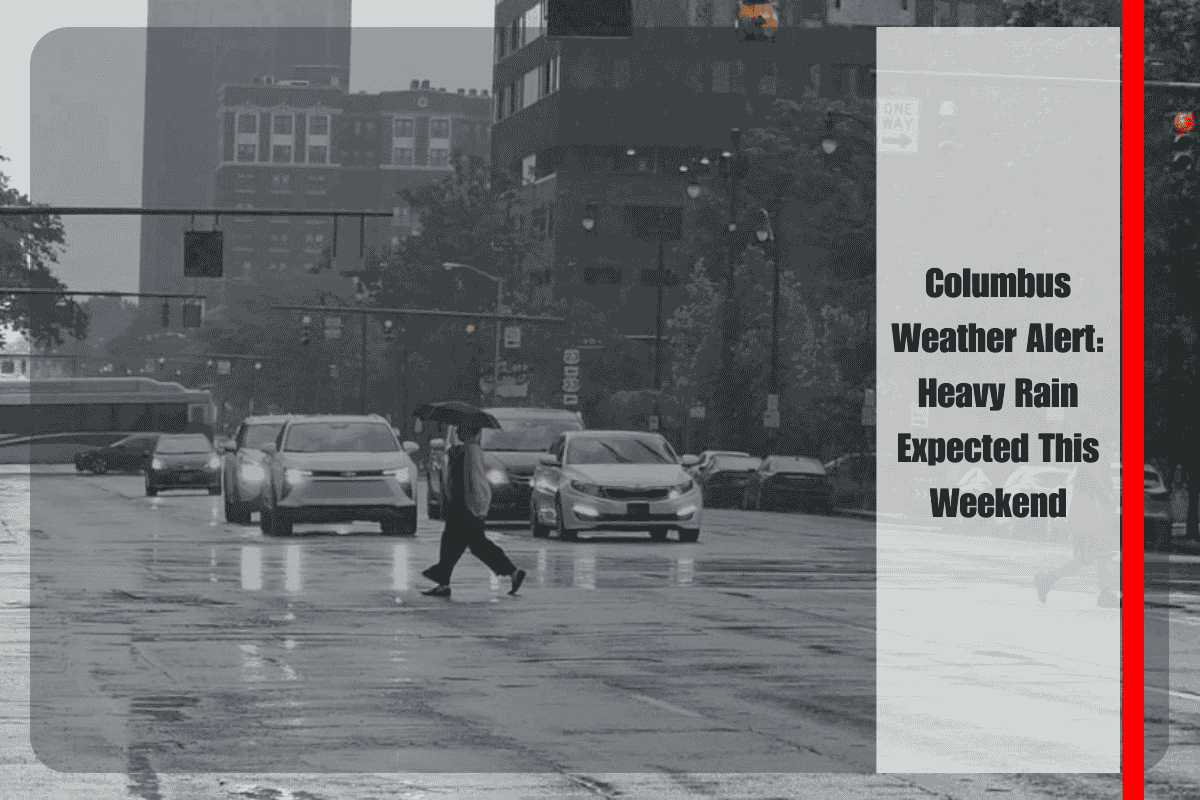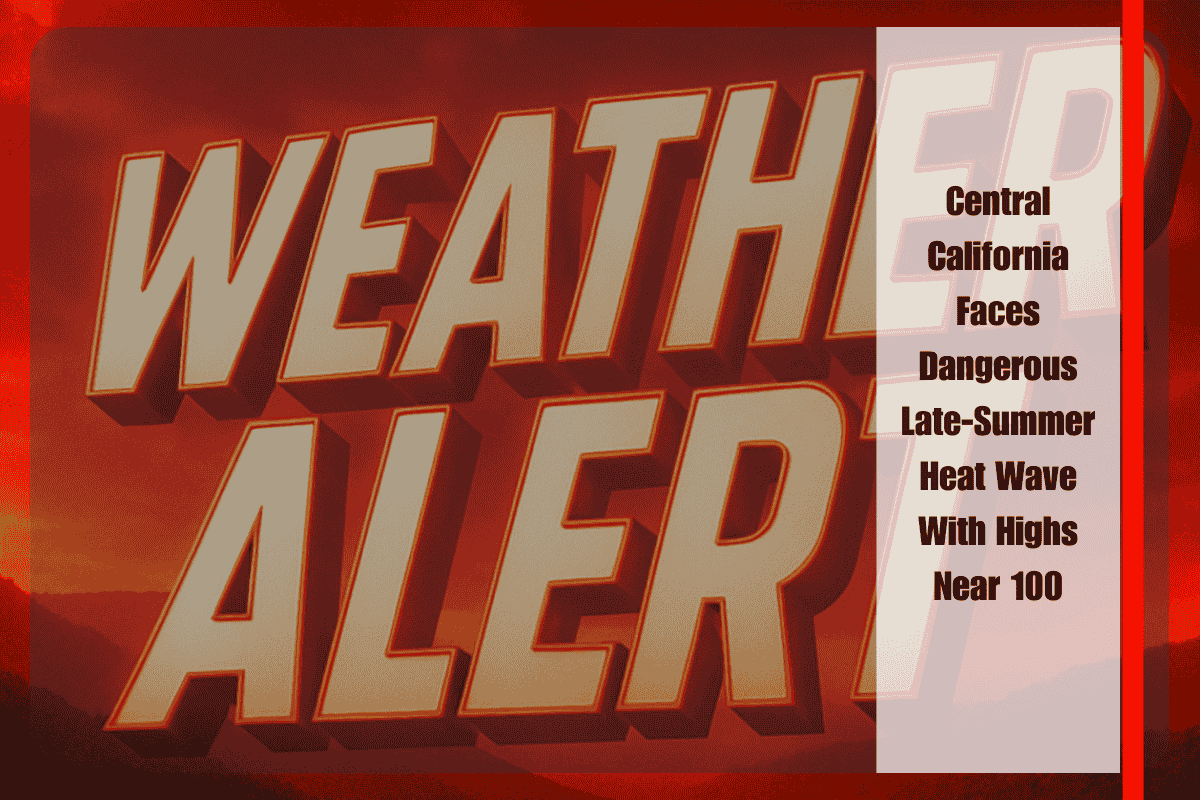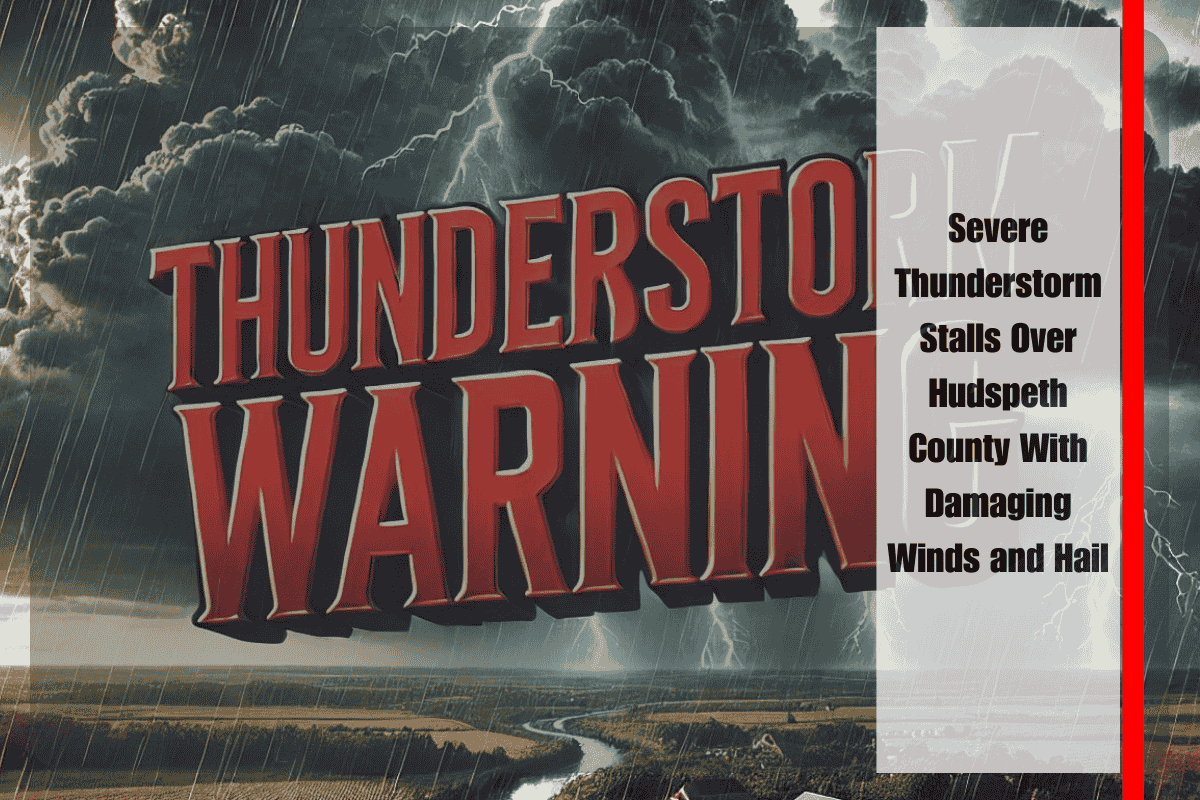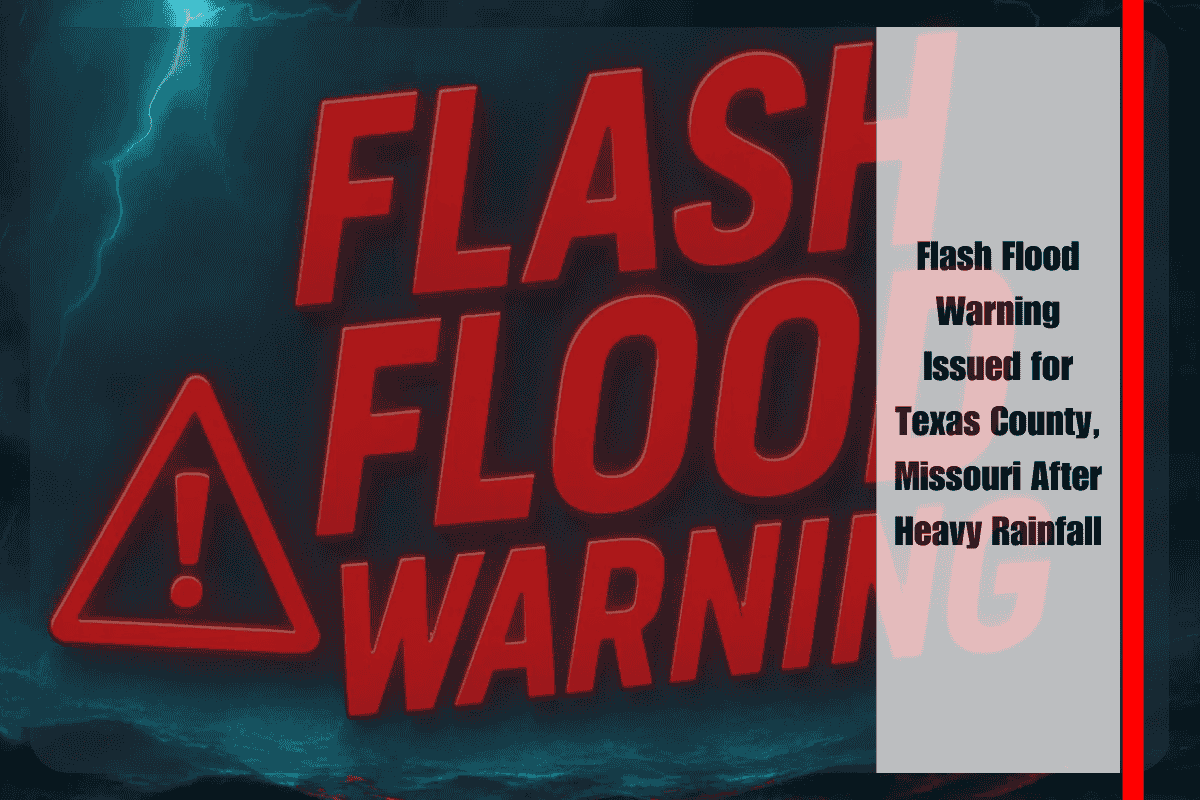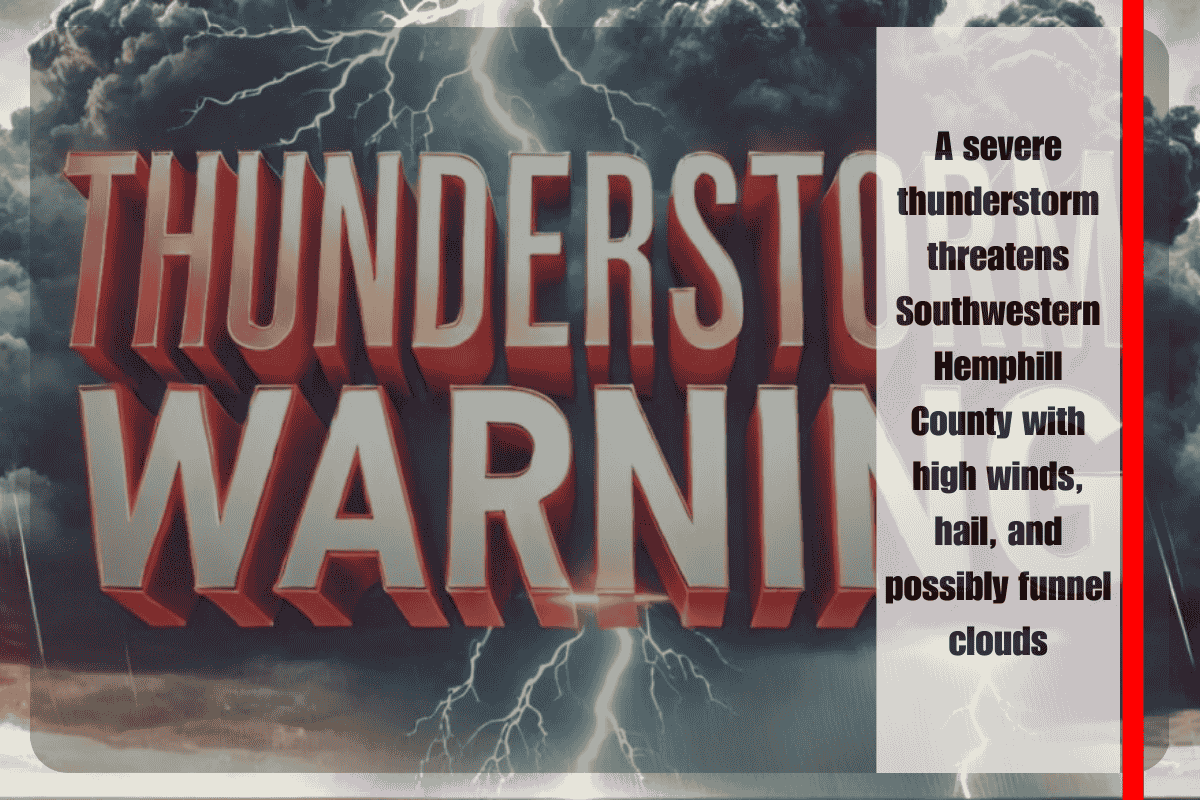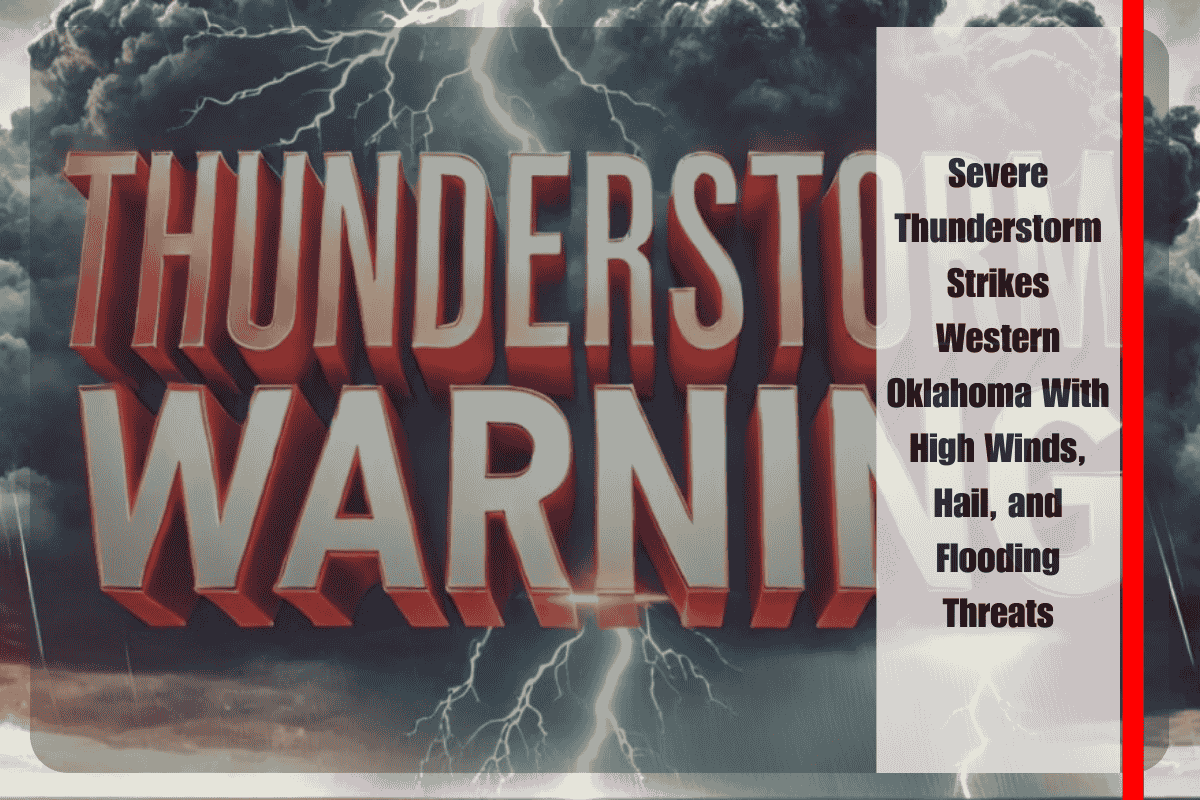Residents of north-central Montana are being warned about dangerously hot weather as the National Weather Service has issued a Heat Advisory for several counties. The advisory will be in effect from Tuesday afternoon until Wednesday evening, with temperatures expected to soar across the region. This advisory affects areas including Cascade, Hill, northern Blaine, and western and central Chouteau counties.
Areas Affected by the Heat Advisory
The heat advisory will be in effect from 1 p.m. Tuesday to 8 p.m. Wednesday. Communities such as Great Falls, Havre, Fort Benton, Harlem, Chinook, Hogeland, Fort Belknap, Zurich, Floweree, and Carter are all included in this advisory. High temperatures are forecast to reach between 95 and 100 degrees Fahrenheit, with overnight lows only dipping into the low 60s, providing little relief from the heat.
Health Risks and Precautions
The National Weather Service has warned that these high temperatures could lead to heat-related illnesses, such as heat exhaustion and heat stroke. Residents are urged to stay hydrated by drinking plenty of fluids throughout the day and to avoid the hottest parts of the day by staying indoors in air-conditioned environments when possible.
For those who need to be outdoors, it’s recommended to limit strenuous activities to early mornings or evenings. Wearing lightweight, loose-fitting clothing and taking frequent breaks can help reduce the risk of heat-related illnesses.
Recognizing Heat-Related Illnesses
The advisory also highlights the importance of recognizing the signs of heat exhaustion and heat stroke, which can develop quickly in extreme heat. Symptoms of heat exhaustion include heavy sweating, weakness, dizziness, nausea, and headaches. If these symptoms occur, it’s crucial to move to a cooler place, drink fluids, and rest. Heat stroke is more serious and includes symptoms like confusion, hot, dry skin, rapid pulse, and fainting. In such cases, immediate medical attention is needed.
Protecting Vulnerable Populations
The National Weather Service also emphasized that heat advisories should not be taken lightly, as prolonged exposure to extreme temperatures can be dangerous, especially for vulnerable populations. The elderly, children, and people with preexisting health conditions are particularly at risk and should take extra precautions to stay cool and hydrated.
Residents are encouraged to check on neighbors and relatives, especially those who are elderly or have health concerns, to ensure they are safe during this heat event.
